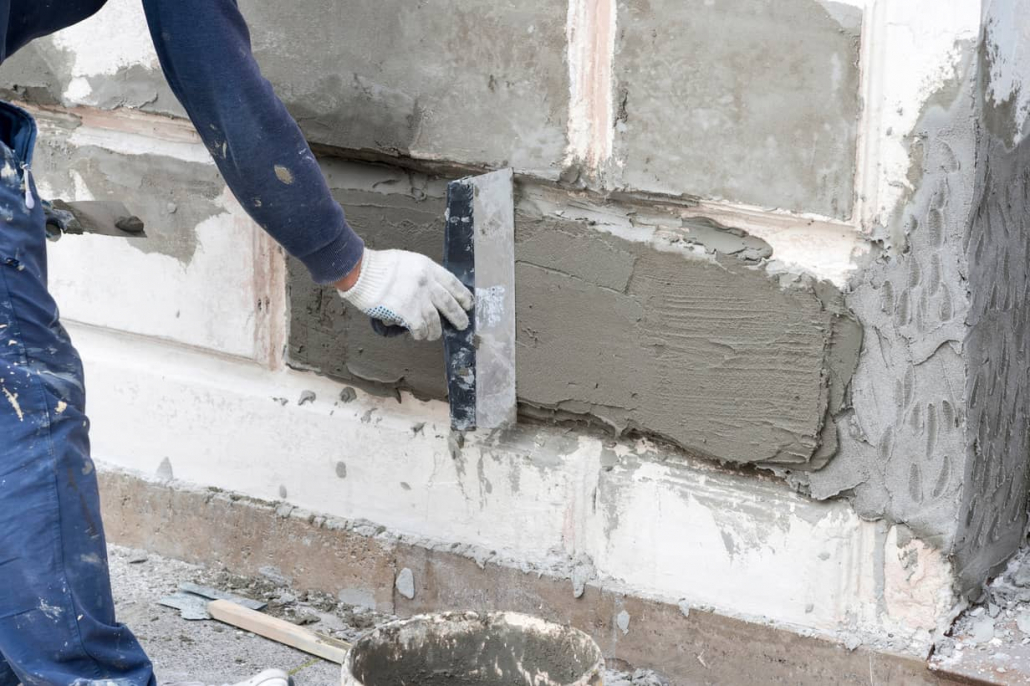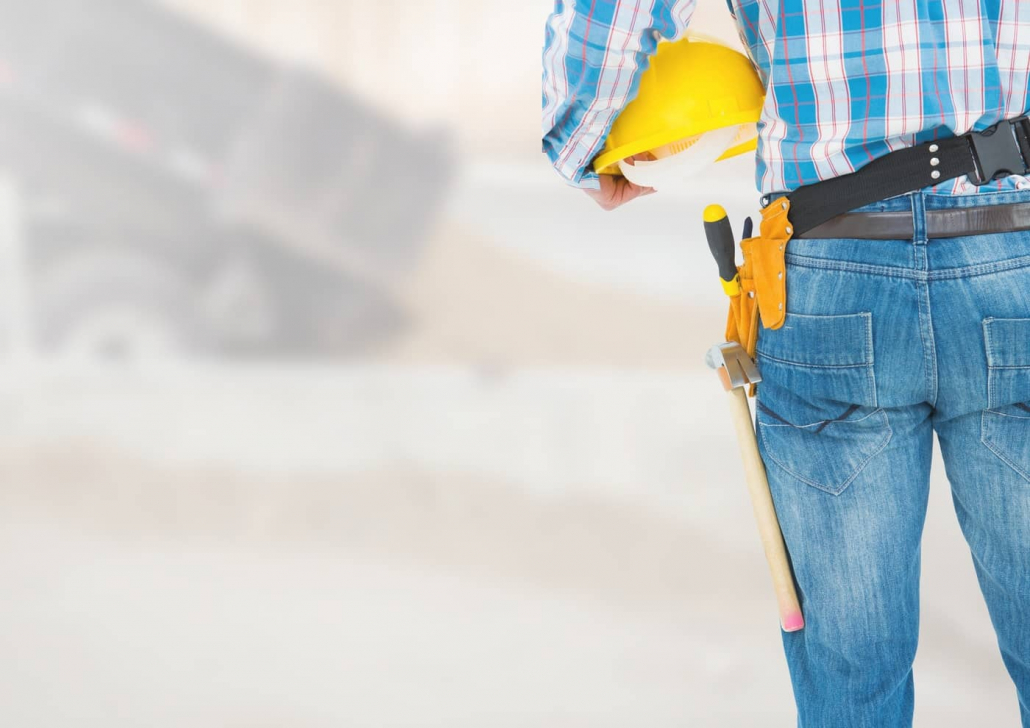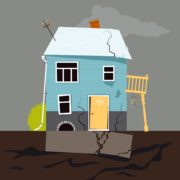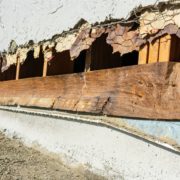Can You Live In A House During Foundation Repair
One of the biggest parts of a home to pay close attention to is your foundation. When you buy a house it can be a good idea to make sure that the home inspection comes back with a great report. This is a great idea so that you don’t incur bigger expenses down the road. If you are building a house, make sure that the building contractor has done a great job compacting the dirt pad that is going to be underneath the concrete slab foundation and it’s in good shape at the time of inspection.
Unfortunately, whether you’re buying or building a home, you will have pros and cons regarding various projects. Identifying any foundation issues early is key. Even if they occur after you have moved into the home. Can you live in a house during foundation repair? Most of the time, foundation repairs are done on the exterior of the home so leaving is rare.
Let’s take a look at what could happen to cause you to move out?

What Are The Signs
Signs of foundation repair work are fairly simplistic and obvious. The type of foundation problems is going to be determined based on the extent of the damage to the home. If your home’s foundation is shifting due to the settling of the soil, you can run into these types of issues.
- Mold and water damage – leaking pipes and exposure to the outside elements can cause further damage.
- Cracks in the walls – cracks allow moisture to enter the home. They can also create a void in that wall, which allows it to shift over time.
- Crooked doors and windows – as your windows become crooked, they become jammed. The shift in the structure changes causes the door frame and window frame to lean.
- Uneven floors – if you notice your floors are starting to look uneven, cracking, or even buckling this could be a foundation issue. Something to keep an eye on.
The most important part of this is getting the issues fixed right away. If you allow your foundation to shift based on settling, the walls can crack, floors can get uneven, and doors and windows can have problems closing. Solving this issue immediately can also save time and money.
How It Works
A typical home foundation repair involves some sort of stabilization of the walls and foundation base. When the home settles, the soil is shifting and this can create cracks in the foundation, cracks in the walls, and your doors and windows shift. In some cases, you can install piers in the soil underneath the concrete slab. This will be done where the foundation damage is most visible and substantial.
This can be done rather quickly. Any excess dirt is used to re-grade the yard or is hauled away. If the damage is more substantial, pier beams are installed inside the home, at areas of load-bearing walls. This will build support for the damaged foundational areas and keep your walls from shifting.
When Do I Move Out
In most cases, you can live in a house for a foundation repair. The hope is that a simple dig on the exterior of your home to locate the issue and add support will suffice. However, there is about a 10% chance that you will need to move out. When the damage is substantial, the only solution is to cut 2 x 2 holes into your interior concrete pad to erect drilled piers for added support to load-bearing walls. Small machinery is used and creates a lot of noise during the foundation repair process.
Unfortunately, if this is the case, you will move out. The project is loud, dirty, and requires you to move furniture and pack your things. Most homeowners will move in with family members, rent a hotel, or even stay in an RV motor home, while the repairs are being made.
How Much Does It Cost
The cost to repair the foundation of a home can vary depending on the amount of damage that has been caused. The current national average for a foundation repair is $4,500. For larger homes with major damage, you could see a foundation cost in the $40,000 range. If it is something minor, such as fixing a crack in the foundation, you might be able to get away with a cost of $500. All costs with this project vary based on the size of the home, the damage done, and the city or state building codes.
Other Recommended Maintenance
Before you decide if you can live in your house during foundation repair, also determine the severity of the project. For example, is your house potentially set to collapse due to foundation issues? If the answer is “yes,” then you are most definitely moving out. Make sure you read up on what type of damage must occur for your home to collapse. This information can assist you in deciding if you should move out while repairs are conducted.
Another issue to consider regarding your stay is mold. When you have foundation issues, one of the results could be mold growth in the home. Once the foundation issues are handled you might find yourself getting mold remediation completed. This project could likely be done at the same time as your foundation repairs. This topic is also an area to consider moving out of the house for. Can you stay in your home during mold remediation? In some cases, yes, but in all cases, you should consider your health first.
Lastly, check if you need your stucco replaced or if you can just cover it up with vinyl. In some cases, the damage to your stucco might be so simple that you can add an otherwise more aesthetically pleasing vinyl layer. This change to your exterior allows you to pressure wash the outside walls more easily and refrain from concerns about cracks that expose your home to outside elements and insects. Look into if you can install vinyl over your stucco.

When Do I Call A Professional
Calling on a professional contractor who has expertise in foundation repair should happen the moment you notice cracks in your exterior foundation and walls. Call your local home inspection team to come out and inspect the entire home for foundation damage. Not only can they assure you of how in-depth the project will be, but they can also refer you to a reputable residential structural engineer. The structural engineer will team up with your professional foundation repair company to attack the repairs needed to keep your home safe.
Conclusion
Your biggest issue with this project is understanding what is going on and how it affects your home. Getting the right residential structural engineer in there to begin the process is key. Hopefully, it is a situation where you have minimal damage and won’t have to move your family out of the house. Getting your team of engineers, contractors, and home inspection company together on this project will allow you to have peace of mind that it is all being done correctly and safely. Saving your investment from further damage is vital. Contact Inside and Out Property Inspectors in Jacksonville, FL, and surrounding areas to get your home inspection done today.













